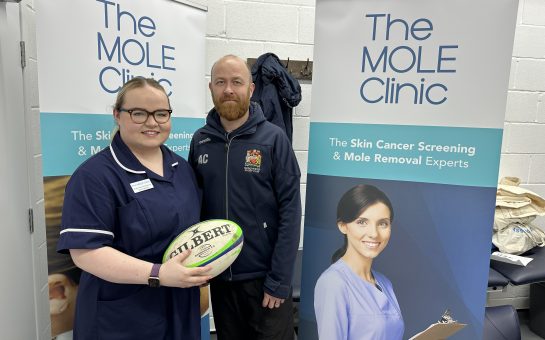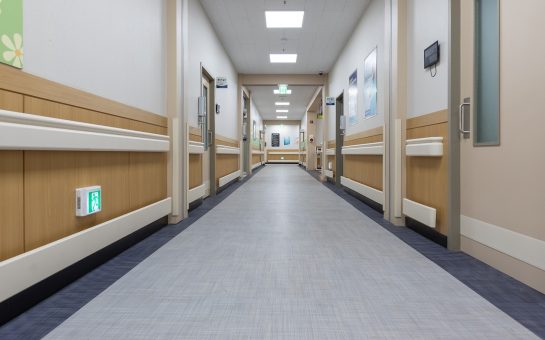Hospital waiting times could be slashed – by an appointment with a pharmacist.
A new partnership between the Pennine Acute Hospital NHS trust and LloydsPharmacy is hoping that free consultations with a pharmacist can reduce the strain on A&Es.
Patients with minor injuries and common illnesses such as non-serious burns, neck sprains and earache will be able to see a clinically trained pharmacist at a new clinic at North Manchester General A&E.
With A&E departments around the country under severe pressure due to seasonal increases in patient numbers, hospital management hope that this initiative will help to provide some respite at North Manchester.
Dr Jimmy Stuart, Consultant and Clinical Director of Urgent Care at The Pennine Acute Hospitals NHS Trust, said: “This is an ongoing challenge as we try to cope with the huge numbers of people that turn up to our A&E departments.
“This is the first time LloydsPharmacy has partnered with a hospital to develop its pioneering First Care Clinic in an A&E department.
“Together we have developed care pathways for 21 minor ailments and injuries which can be treated by the LloydsPharmacy First Care Clinic and we’ll continue to build on these.”
Research suggests that around one in four people who attend North Manchester General A&E could be treated more quickly by a pharmacist, their GP or at a walk in centre.
The pharmacy led clinic aims to provide for patients, freeing up A&E beds and staff for those who really need them.
Steve Howard, Superintendent Pharmacist at LloydsPharmacy, said: “We’re all aware of the pressures the NHS is experiencing and we believe pharmacy has an important role to play in easing those pressures, both in the community and in secondary care settings.
“Pharmacists are highly qualified health professionals who are capable of far more than dispensing medicines.
“We’re keen to demonstrate those capabilities so we can help a wider number of patients and better support local NHS services.”
Debbie Abrahams, MP for Oldham East and Saddleworth, who recently criticised the government’s handling of the A&E crisis, has expressed her support for the scheme.
Ms Abrahams said: “I welcome any measures that help reduce the pressure on A&E services and the NHS as a whole.
“We’ve already seen that more integrated working between Pennine Acute Trust and social care teams in north Manchester is helping to reduce pressure on A&E.”
Image courtesy of Chris, with thanks.



